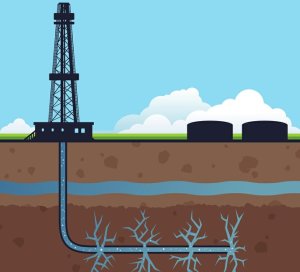With finals coming up, many of us will be making sure we eat the necessary food to give us that extra boost of morale, or just to get our brain going in order to get any advantage on our exams. But when it comes to food before a test there are certain foods that are actually more beneficial than others, and some that are actually detrimental to your test taking. I have been wondering what the perfect foods to eat before tests for a long time, so i decided to see what are the perfect testing foods.
When it comes to food that is beneficial to your test taking you should make sure to eat regardless. Just a little something will help because your brain needs energy to work efficiently. If you do not eat for an extended period of time before a test, whether because you are nervous, or just could not find the time, your brain will most likely be focused on your hunger, rather than be focused on the test. You should try to eat “brain boosting foods” these include protein-rich foods which may include eggs, nuts, yogurt, and cottage cheese. Other good food choices include fish, walnuts, blueberries, sunflower seeds, and fruits. Even though it has not technically been proven, many consider fruit to be especially good to help you think faster, and also remember things easier. These foods are easier to digest, and it will be easier for you to focus. Foods that aren’t good for exam day are foods that include white flour. These foods include cookies, cake, and muffins which require added time and energy which take away from concentration to your test taking abilities. Apparently you also should avoid eating turkey because it includes L-tryptophan which is known to make you more inclined to fall asleep. There is also certain drinks that are considered “brain booster” like teas. It is essential to avoid dehydration could also take a way from test day focus so it is important to stay hydrated. Studies show some statistics which exclaim the importance of eating before school. Students who eat breakfast do 17.5% better on their math exams, and also attend school 1.5 more days.
So when it comes to eating before a test make sure to eat foods that do not take a lot of energy to digest, and also foods that will make you tired. With finals coming up its important to do anything that can be beneficial, and that starts with eating right type of foods.
Sources:
http://www.goodluckexams.com/what-to-eat-before-an-exam/
http://join.nokidhungry.org/site/PageNavigator/SOS/Breakfast_2013.html







